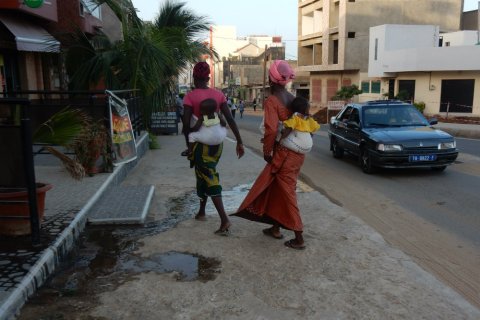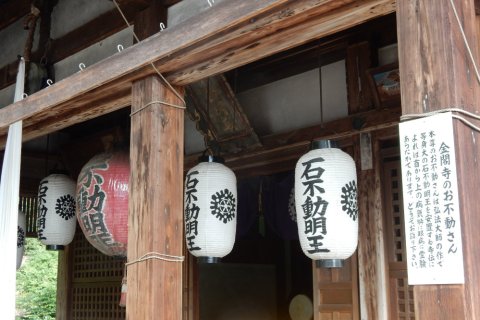The UGlobe Decolonisation Group

Recasting European and Global Conceptions of Governance in a Postcolonial and Post-Western World.
The Decolonisation Group at Utrecht University is an interdisciplinary gathering of researchers from the fields of history, law, economics and political science who want to explore how colonialism and decolonisation shaped and is still shaping global and academic issues.
An effort to decolonise culture and society was at the heart of the work of liberationist thinkers, such as Frantz Fanon and Aimé Cesaire, a challenge that has been picked up recently by intellectuals such as Dipesh Chakrabarty, Achille Mbembe and Barry Buzan. In this group we seek to gauge the meaning an transformative potential of concepts such as ‘decolonization’ or ‘decoloniality’ while actively engaging the work of intellectuals in areas of the world that have experienced colonialism.
Decolonisation as an academic method

Historical explanations as well as theories in International Relations (IR) and law are often developed based on European practices or rooted in European experiences of the imperial age, which requires us to reflect on non-Western conceptions of law and IR. Moreover, efforts to rethink decolonisation in academia and society have been uneven. While European and American academia has embraced global perspectives there is an increased dissatisfaction in Africa and Asia with the ‘failed decolonisation’ of academia. The Decolonisation Group therefore sets out to explore what decolonisation and globalisation actually mean for scholarly methodologies and approaches. Our approach to decolonisation is open in that rather than favouring one interpretation, we strive towards an integrated approach in which different definitions are engaged in order to chart more productive courses of research.
Decolonisation as a matter of public debate
Policy makers as well as a wider audience often have difficulties understanding the ‘rise of the rest’ and the continuous ways in which various legacies of imperialism shape global governance and international relations. Colonial legacies are the topic of a heated debate, and are being fiercely challenged by an increasingly vocal group of national and international people and institutions.
Discussions range from national customs that deploy racialised images of colonised peoples, to the Western dominance of international institutions, to the theoretical frameworks that underpin the academic research into IR and global governance. Rather than indiscriminately injecting decolonisation into every societal discussion, we seek to jumpstart the debate by providing a wider audience with decolonial perspectives as well as a better understanding of history and IR. The Decolonisation Group additionally seeks to provide media outlets with a contact point for researchers who can explain the wider dynamics at play in a changing world and also actively wants to engage students.
ACTIVITIES
Through a range of interdisciplinary workshops, called the Decolonisation Focus Meetings, we seek to explore different definition of decolonisation, while public events are primarily aimed at refining students’ and the public’s understanding of decolonisation. Additionally, we seek to engage discussions online via our website and on twitter. These efforts will culminate in a conference in 2019, entitled, ‘Rethinking Global Democracy?’
COOPERATION
The group wants to cooperate with other groups that are working on decolonisation. Currently we are working with the Postcolonial Studies Initiative and the International Studies Group at the University of the Free State in Bloemfontein, South Africa.

